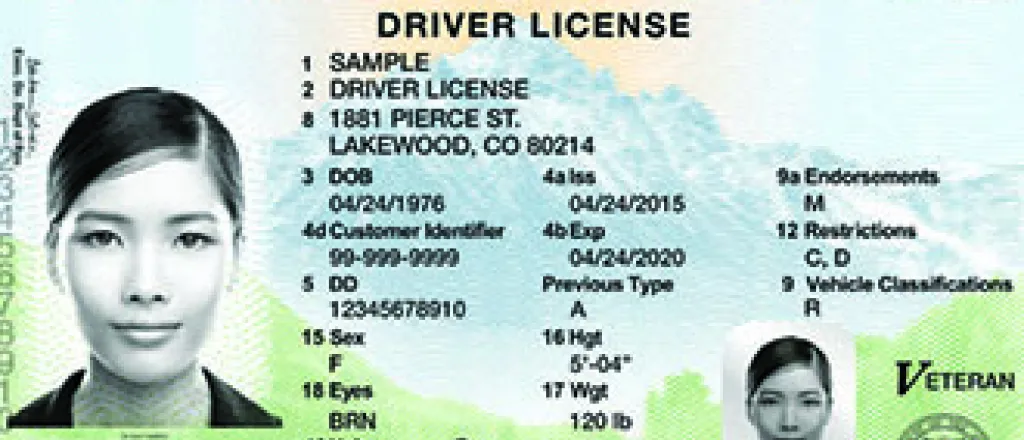
Cutting red tape to access IDs and other vital documents
Click play to listen to this article.
(Colorado News Connection) Advocates are urging Colorado lawmakers to make key improvements to a state program seen as critical to helping people fleeing domestic violence or experiencing homelessness get back on their feet.
Aubrey Wilde, advocacy program director at the Colorado Coalition for the Homeless, said people living on the streets frequently have their belongings stolen, confiscated or destroyed. And without a valid ID card, it can be impossible to access housing services, get a job or even fill a prescription.

"We want to make sure that people aren't stuck in the experience of homelessness," Wilde explained. "Getting an ID document can be something that helps propel someone out of homelessness, and gets them on that path to greater stability."
Under the current Colorado Necessary Document Program, people who need help securing documents must first get a paper voucher from a participating nonprofit organization. Vouchers are only accepted at state-operated DMV sites and two vital statistics offices in the Denver metro area. Advocates want lawmakers to eliminate paper vouchers and allow people impacted by natural disasters and other qualifying Coloradans to get a new ID at more locations.
Wilde pointed out access to the program is a serious challenge for people who are not already connected to one of the two dozen participating nonprofits or live outside metro Denver.
"Which is a huge problem," Wilde asserted. "That leaves out so many people in need, particularly in rural Colorado. So this bill would mandate that all DMV locations and all vital statistics offices participate in the program, so that it works better for the entire state."
Advocates also want lawmakers to increase the program's budget and eliminate red tape. Wilde noted currently, each paper voucher has to be cut out by hand, stapled to a coupon and then physically distributed.
"Those vouchers are only good for 30 days," Wilde emphasized. "There is a really low redemption rate; 70 percent of the vouchers that are given out actually are not used."

















